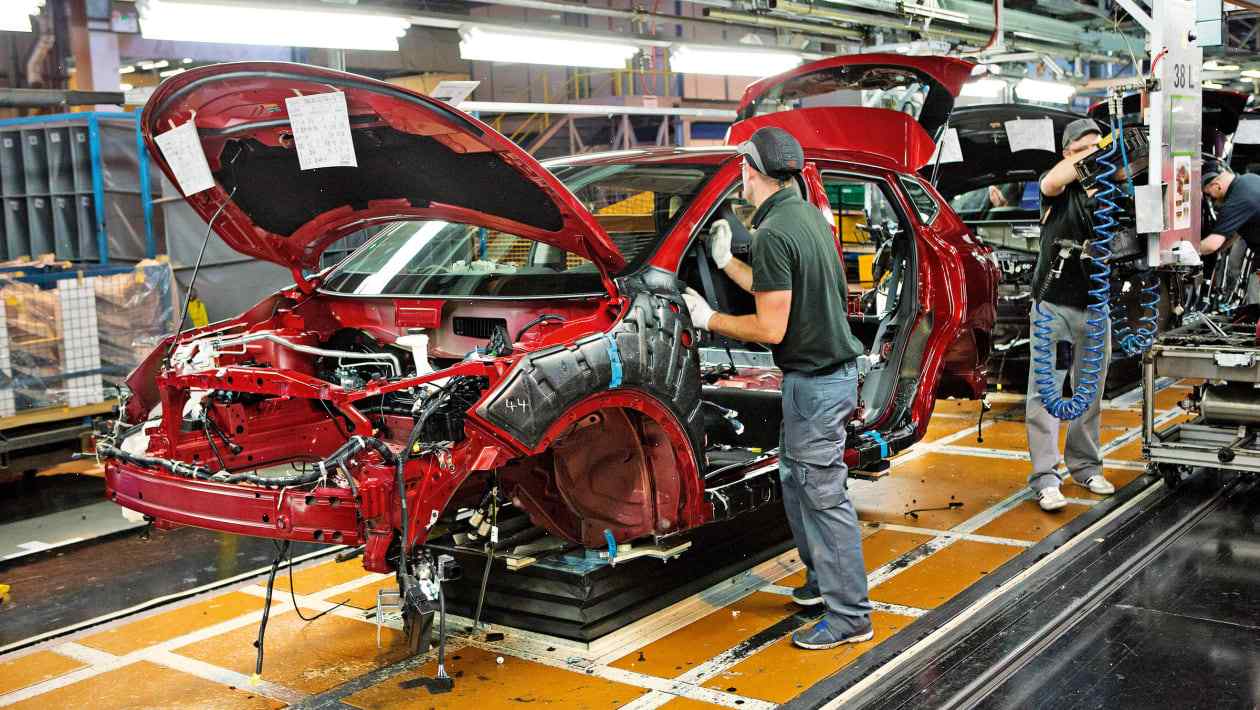The United Kingdom’s decision to leave the European Union has resulted in a £3,400 price hike for electric cars manufactured in Europe, effective January 1st. This increase will impact the cost of all electric vehicles imported from the EU, making them less affordable for consumers in the UK.
The reason behind the price hike is the new tariffs imposed on EU goods entering the UK following Brexit. As part of its withdrawal agreement, the UK agreed to impose import duties on goods coming from the EU, including electric cars. The tariff rate for electric vehicles is set at 10%, which translates to a significant increase in price for consumers.
This development comes at a time when the demand for electric vehicles is rapidly growing worldwide. In the UK alone, sales of electric cars have increased by over 100% in the past year, driven by government incentives and consumer interest in sustainable transportation. However, the new tariffs may dampen this growth, making electric cars less accessible to British consumers.
The price hike will affect popular electric car models such as the Tesla Model 3, Volkswagen ID.3, and BMW i3, among others. These models are currently priced competitively in the UK market, but the added tariff will push their prices beyond what many consumers can afford.
Industry experts warn that the price increase could slow down the adoption of electric vehicles in the UK, which would have negative consequences for the environment and public health. Electric cars produce zero tailpipe emissions, reducing air pollution and greenhouse gas emissions compared to traditional fossil fuel-powered vehicles. Encouraging the use of electric cars is critical to meeting climate change mitigation targets and improving urban air quality.
In light of these concerns, some industry leaders have called upon the UK government to reconsider its tariff policy for electric vehicles. They argue that imposing tariffs on sustainable technologies goes against the government’s environmental goals and may hinder the transition to cleaner forms of energy.
While the price hike may be a setback for the electric vehicle market in the UK, it also presents opportunities for domestic automakers to fill the gap left by their European counterparts. Several British companies, such as Jaguar Land Rover and Aston Martin, already produce electric cars that cater to the local market. With the increased demand for sustainable transportation solutions, there is potential for homegrown brands to expand their production and meet consumer needs.
In conclusion, the £3,400 price hike for EU-made electric cars in the UK is a direct result of the country’s departure from the European Union. While the tariffs may benefit domestic industries, they pose a challenge to the widespread adoption of sustainable transportation solutions. It remains to be seen how the UK government and automotive industry will respond to this challenge and ensure that clean energy alternatives remain accessible to consumers.

